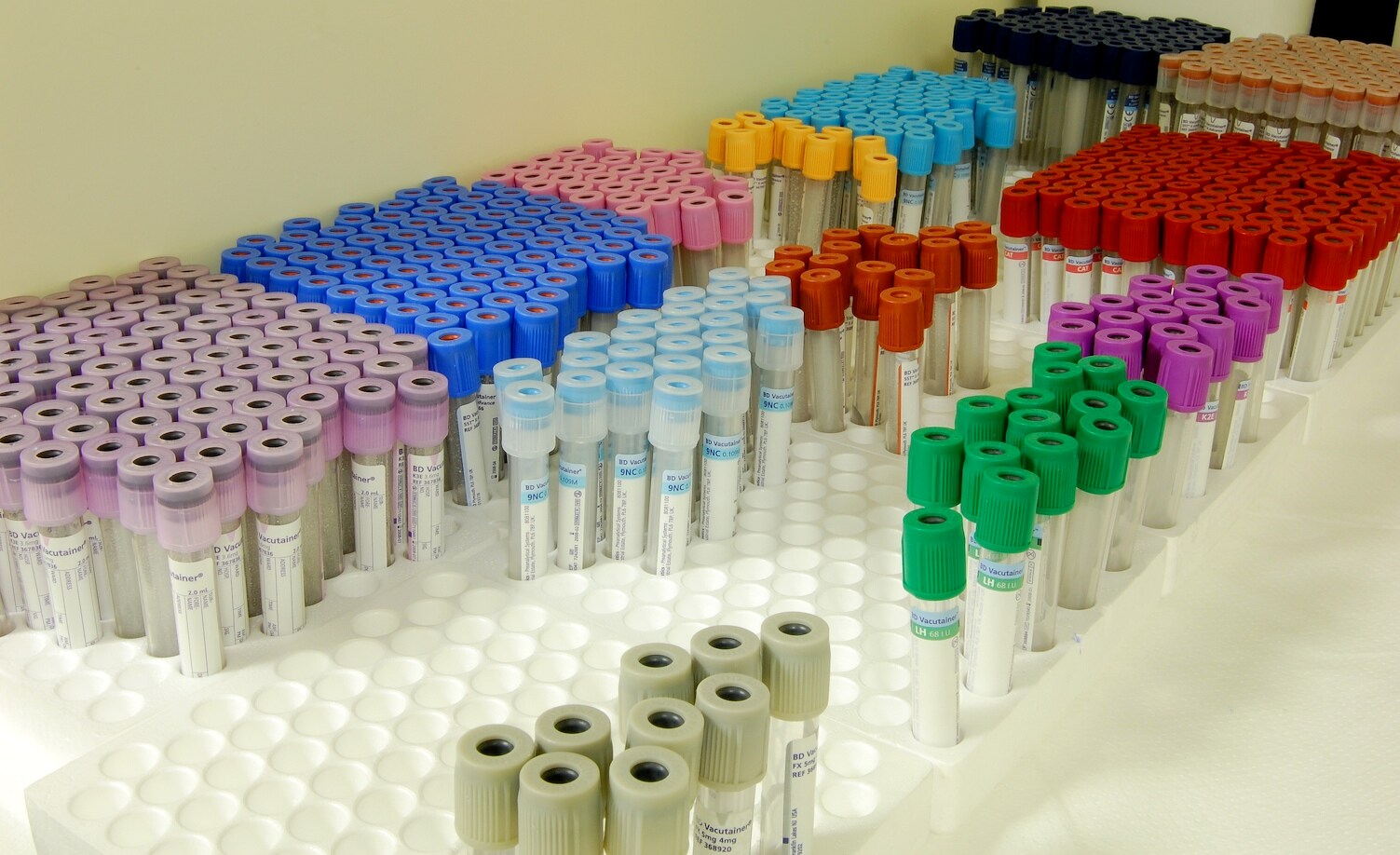Biobanking is the process of collecting and storing biological samples for future study. Samples can be collected from patients or volunteers and stored in a tissue bank for use in medical research. Biopreservation and biobanking can help researchers study diseases and develop treatments faster.

Image Source: Google
Why collect biobanks?
There are many reasons to collect biobanks like to study rare diseases, study the effects of environmental pollutants on health, study the effects of drugs on human cells, study genetic disorders, and more. Biobanks make it possible to collect large numbers of samples that can be studied in detail. They also make it possible to track the long-term health of populations over time.
What are some benefits of biobanking?
There are many benefits of biobanking: it allows researchers to study rare diseases and conditions, it allows researchers to study the effects of environmental pollutants on health, it allows researchers to study the effects of drugs on human cells, it allows researchers to study genetic disorders, and more.
How can biobanking be used in medical research?
Biobanks can be used in many different ways in medical research. For example, biobanks can be used to study the effects of drugs on human cells. Drugs are often tested in vitro (in a lab dish) before they are tested in people. But sometimes it is important to know how the drug will respond in people who are not typical laboratory animals. Biobanks can help researchers do this by collecting samples from patients who have been treated with the drug. This will allow researchers to see how the drug affects the cells in people's bodies.
